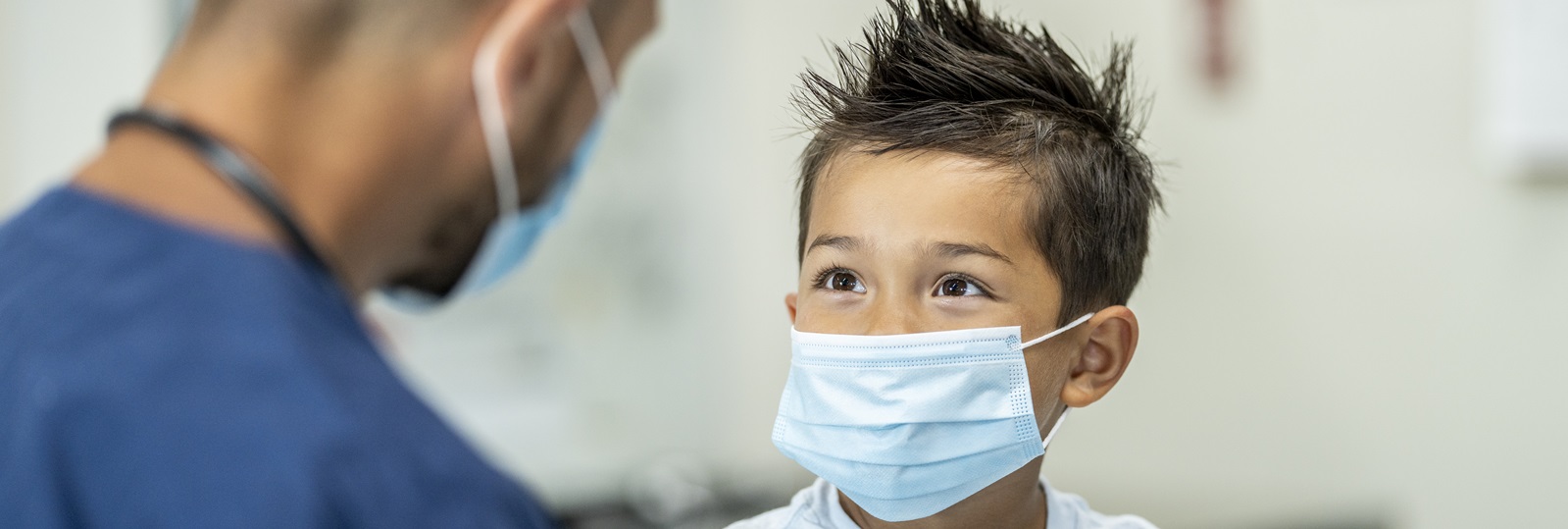
We encounter health concerns every day, from the common cold to more serious diseases like COVID-19. Behind the scenes of our healthcare systems, there exists a science that helps us understand the spread, control, and prevention of diseases: epidemiology.
What is Epidemiology?
In technical terms, epidemiology is the study of the distribution and determinants of health-related states or events in specific populations and the application of this study to control health problems. More simply, it is the science of why diseases spread, who is affected, and how to prevent further spread.
Why is Epidemiology Important?
Disease Control and Prevention: Epidemiologists help decrease the spread of diseases. By studying disease patterns and causes, they can develop strategies for prevention and control. During outbreaks like the flu or COVID-19, epidemiologists search for the sources of infection, track how the disease spreads, and recommend steps to prevent further transmission.
Health Policy and Planning: Policymakers rely on epidemiological data to guide public health policies and resource allocation. Epidemiologists provide insights into the prevalence of diseases, risk factors, and the success rate of interventions. Governments and healthcare organizations use this information to plan and prioritize health initiatives.
Finding Risk Factors: Epidemiology can identify disease risk factors. By studying populations over time, researchers can pinpoint factors such as genetics, lifestyle choices, environmental exposures, and socioeconomic status that contribute to the development of diseases. This knowledge allows individuals and communities to make smarter decisions about their health and take preventive measures.
Monitoring Health Trends: Epidemiologists monitor health trends and emerging diseases to detect outbreaks early and enact timely interventions. Through surveillance systems and data analysis, they track the occurrence of diseases, uncover patterns, and forecast future trends. Their findings are crucial for public health preparedness and response efforts.
Improving Healthcare Practices: In analyzing the effectiveness of interventions and healthcare services, epidemiologists contribute to advancements in healthcare practices and treatment. Healthcare managers and practitioners use their work to improve clinical decision-making and patient outcomes.
Reaching Across Healthcare
Epidemiology is vital to public health. Epidemiologists study disease patterns, causes, and prevention. They empower communities, healthcare professionals, and policymakers to protect and promote health. In our interconnected world, the value of this work cannot be overstated. It is a powerful tool in the fight against diseases and in creating healthier, safer communities.
At South University, several of our programs touch on epidemiology*. The topic may arise in our Public Health, Nursing, Physician Assistant, Healthcare Management, Health Sciences, and Pharmacy courses.
If you’re interested in studying public health or other areas of healthcare, explore our programs today.
*South University does not promise or guarantee licensure, employment, or salary amounts.




